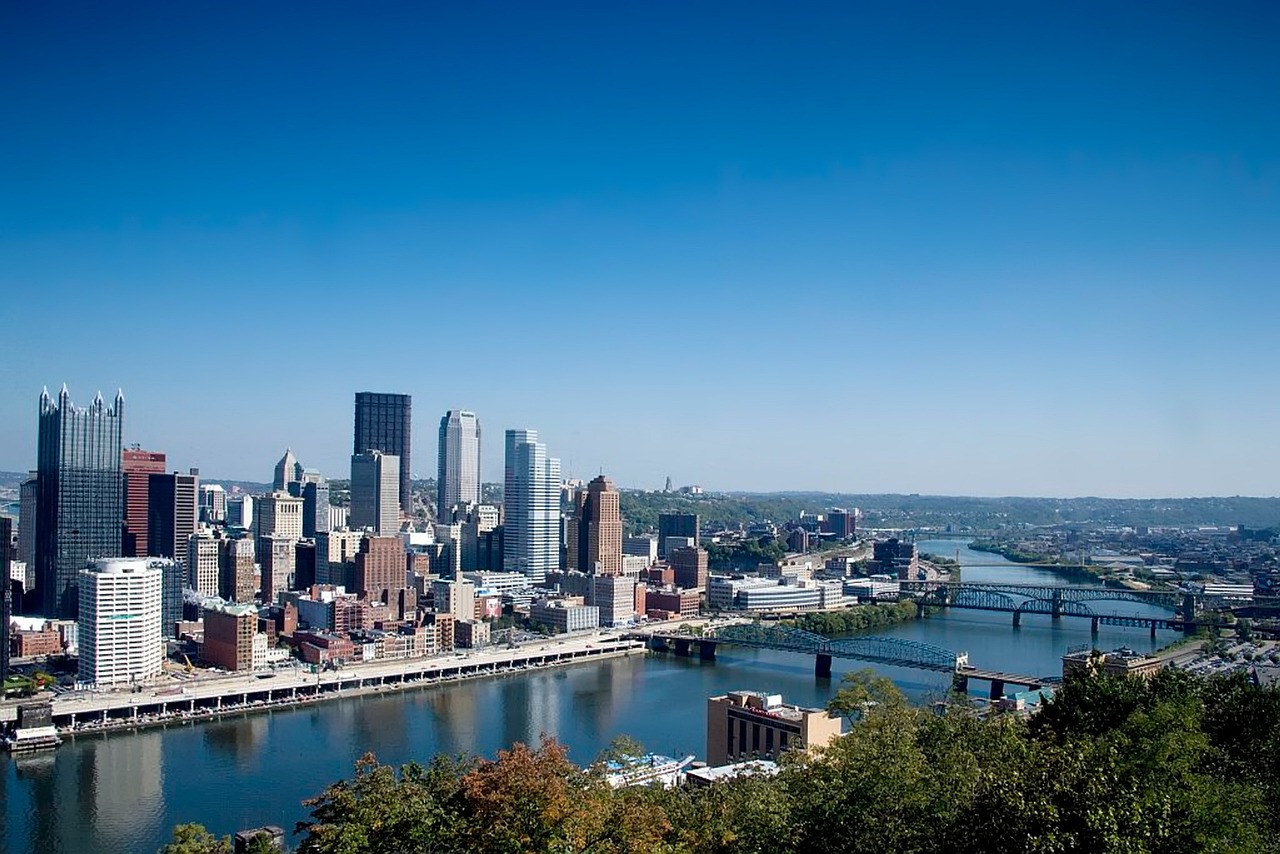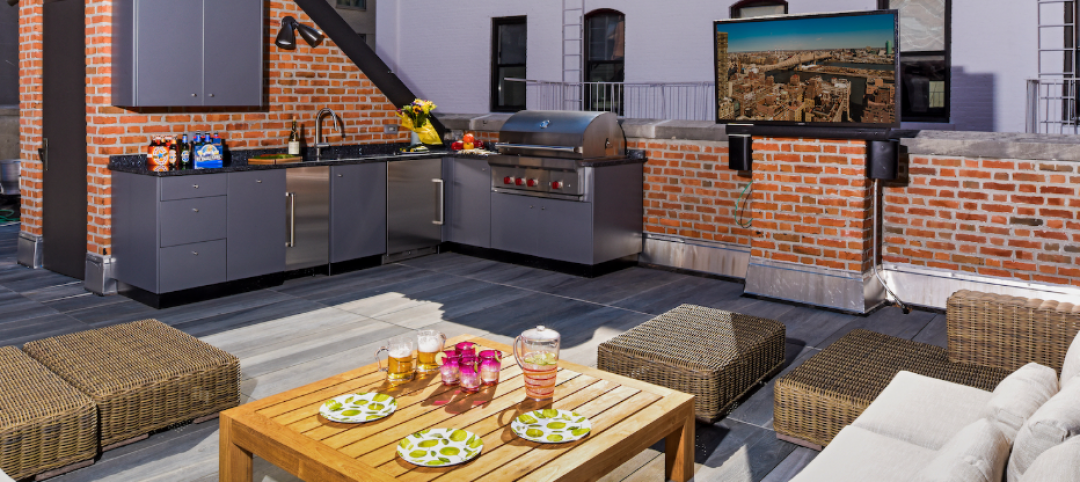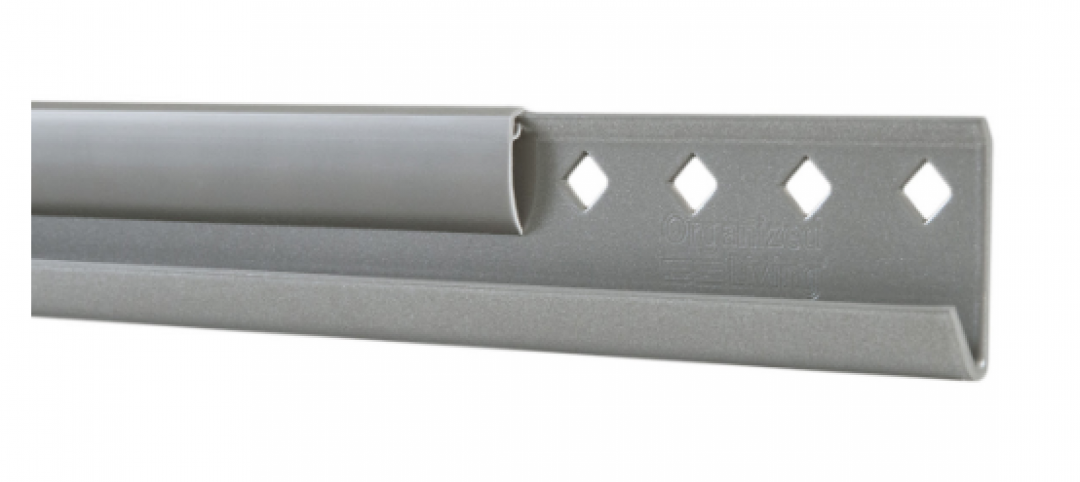The Pittsburgh 2030 District, an alliance of building owners in the Pittsburgh area, says that it has reduced carbon emissions by 44.8% below baseline.
Begun in 2012 under the guidance of the Green Building Alliance (GBA), the Pittsburgh 2030 District encompasses more than 86 million sf of space within 556 buildings.
The project has created a savings of $205.8 million in energy and water costs, and 1.85 million metric tons of carbon dioxide emissions avoided since 2012, according to its 2022 Progress Report.
GBA provides participants with education, training, and guidance to further their progress, covering topics such as:
- Conducting deep carbon retrofits on existing buildings to dramatically improve efficiency
- Case studies of net zero carbon retrofits
- Examples of whole building life cycle analysis
- Embodied carbon
- Facilitating building electrification to eliminate fossil fuel use, including replacing furnaces and boilers that run on natural gas with ground- or air-source heat pumps.
- Thermal energy storage
Pittsburgh is the North American leader in amount of square footage committed to 2030 District goals. There are 22 international 2030 Districts in total.
Related Stories
| Jan 19, 2020
Pioneer introduces new Lux-Flow showerhead
Pioneer Industries has launched the Pioneer Lux-Flow showerhead.
| Dec 18, 2019
Making contacts that lead to "true partnerships" is key to Student Housing ProCONNECT event for Pfister's Tracey Qualteri
Tracey Qualteri, Pfister Faucets, at Student Housing ProConnect in Denver, November 11 2019
Multifamily Housing | Dec 11, 2019
8 noteworthy multifamily projects to open in late 2019
From a prefab high-rise in Denver to a seaside village in Oxnard, Calif., these projects highlight the innovative multifamily developments to open their doors in late 2019.
Multifamily Housing | Dec 9, 2019
Student Housing ProCONNECT event draws developers, contractors, architects, and building product manufacturers to Denver
2½-day event connects attendees with vendors—and each other.

















